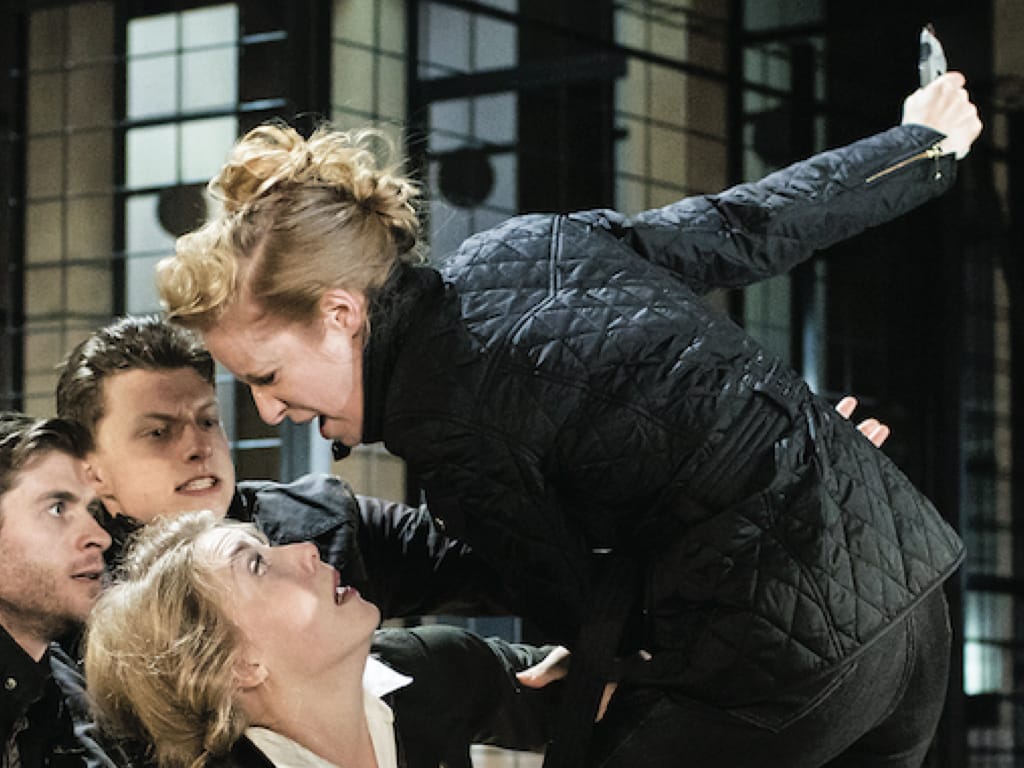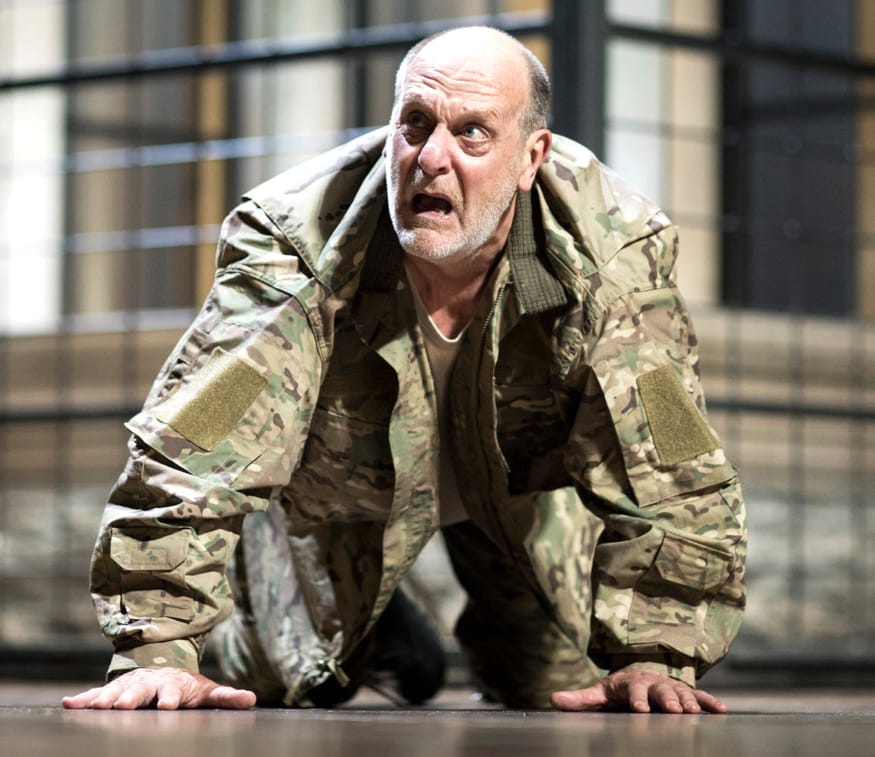Virtual reality theatre experience
The Royal Shakespeare Company creates and shares innovative theatre productions around the world and they wanted to establish whether virtual reality (VR) could become a new media channel alongside live theatre and cinema. A significant concern was people’s tolerance to VR and – because no large studies existed – they used our VR customer decisions solution to find out. As part of this landmark study, we wanted to push VR market research to its limits by immersing respondents in VR for a sustained period of time.
Technical issues to recreate a VR experience from a live 3-hour theatre performance
Tolerance – and therefore customer acceptance – of VR had not been studied before
Viability of integrating VR into market research was still embryonic within the industry

Solution
Working closely with Ipsos MORI and the Royal Shakespeare Company, we filmed a live 3-hour performance of Titus Andronicus with 360 video equipment positioned in a front row seat. A broad selection of ages were chosen that represented a standard cross section of respondents who would commonly take part in research. We compared respondent reactions to two matched cells; one research cell saw the play live at the Stratford-upon-Avon theatre, one cell saw the cinema broadcast and one cell saw the play in HTC Vive VR headsets.
360 video equipment installed at theatre to capture visual and audio experience alongside regular theatregoers
VR cell of respondents told they can leave or take a break if they felt uncomfortable or unwell
Follow-up questionnaire and in-depth interview conducted by Ipsos MORI across all three cells

Result
Compared to cinema – arguable the most immersive form of traditional media – respondents in the VR cell felt more present and, at times, like they were actually in the theatre. Immersed in VR customer decisions, respondents were observed looking around to find their program and even taking their shoes off. Prior to this study, the recommended time in VR was 20 minutes however all respondents spent a total of 3-hours in the experience without any issues. Overall, the study showed that respondents were very tolerant to VR and it can transform market research by recreating real world situations.
91% of VR respondents (compared to 64% of cinema respondents) reported that they felt like they were actually in the theatre
100% of people completed the VR experience despite watching 3-hours of Shakespeare’s bloodiest plays
VR was proven to be a viable tool for integration into market research
Testimonials
It was fascinating to watch people being so immersed in the VR experience that they forgot they weren’t at the theatre. One respondent kicked his shoes off, then looked down and was shocked not to see his legs there.
Becky Loftus
Head of Audience Insight, Royal Shakespeare Company
Being able to use VR to recreate situations and scenarios, virtually anywhere, has the potential to transform the way we undertake research.
Dr Pippa Bailey
Head of Innovation, Ipsos MORI
